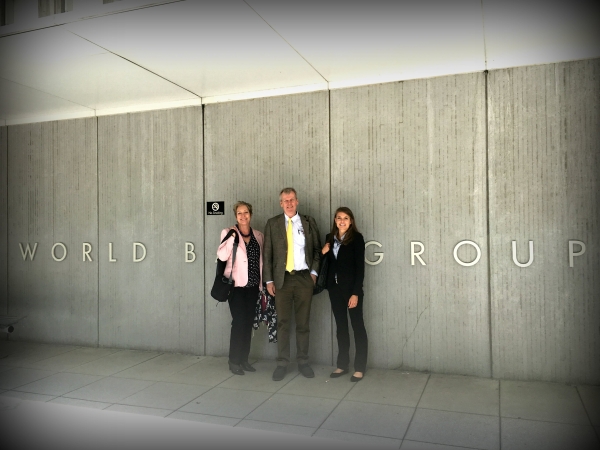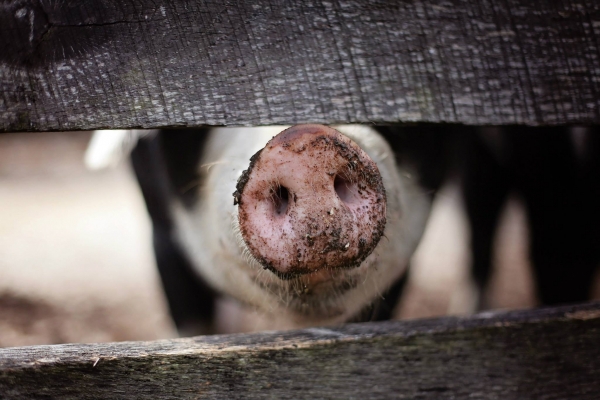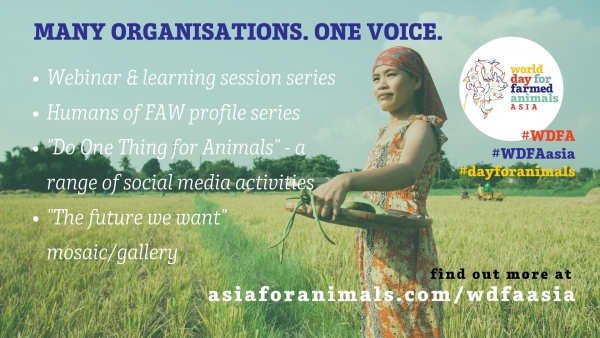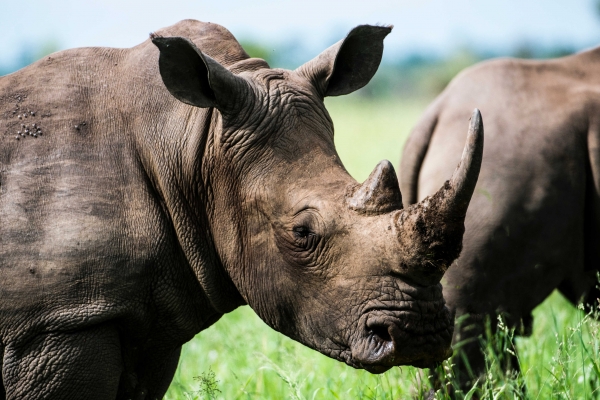| Headquarters: |
New York, New York, USA

|

|
| Website: |
http://www.un.org/ |
| Description: |
The United Nations is an international organization founded in 1945. It is currently made up of 193 Member States. The mission and work of the United Nations are guided by the purposes and principles contained in its founding Charter. |
| Summary: |
Due to the powers vested in its Charter and its unique international character, the United Nations is able to take action on the issues confronting humanity in the 21st century, such as peace and security, climate change, sustainable development, human rights, disarmament, terrorism, humanitarian and health emergencies, gender equality, governance, food production and more.
The UN also provides a forum for its members to express their views in the General Assembly, the Security Council, the Economic and Social Council, and other bodies and committees. It also facilitates dialogue and problem-solving between its members.
There are a number of specialized agencies of the UN, the most relevant of which are listed separately.
|
| Organization Type: |
International Inter-Governmental Organization. |
| Issue areas covered: |
The UN works on various issues, including peace and security; human rights; humanitarian aid; international law; and sustainable development.
It has not yet embraced animal welfare, even though this is fast-becoming an important global issue.
|
| Key opportunities and dates for input: |
-
There are different dates for different consultations, meetings and events.
The High Level Political Forum (HLPF) on sustainable development reviews a set of sustainable development goals (SDGs) in depth each year, many of which are relevant to wider animal protection issues. This is a very participatory process, which provides an opportunity to contribute to documentation and regional preparatory meetings. Follow the HLPF website for events and timings.
|
| Requirements for participation: |
Consultative Status is required to submit oral and written comments to the UN. It is also required for attendance at certain events, such as the High Level Political Forum, which takes place each year. Organizations with consultative status have a certain number of passes they can issue to individuals outside of their organization, which can allow individuals from organizations without status to attend events like the High Level Political Forum.
There is a possibility for more animal protection organizations to secure consultative status with the Economic and Social Council (ECOSOC)
to strengthen the animal protection voice. You can learn more about the process of applying for status with ECOSOC on our blog. The following APOs had UN Consultative Status as of 2017:
General status:
Humane Society of the United States (1996)
World Society for the Protection of Animals (1971)
Special status:
International Association against Painful Experiments on Animals (1972)
International Fund for Animal Welfare (2002)
Organizzazione Internazionale Protezione Animali (OIPA) (2014)
Vier Pfoten International (2015)
World Animal Net (2001)
Compassion in World Farming (2017)
Roster:
Fauna and Flora Preservation Society (1973) – more conservation
Centre for Respect of Life and the Environment, a HSUS affiliate.
There is also scope to participate in the High Level Political Forum through one of the UN’s recognized Major Groups. The best “fit” for animal protection is the NGO group. This is easy to sign up to, and it holds participatory consultations. There is now a coalition of animal protection and conservation NGOs within the NGO Major Group which aims to coordinate advocacy for animals at the HLPF. This coalition is called the Animal Issues Thematic Cluster. In 2017, World Animal Net prepared a guidance document on engaging the HLPF.
The Higher Level Political Forum (HLPF) also provides opportunities for participation (see above).
The Development Cooperation Forum (DCF) focuses on trends and progress in international development cooperation and promotes knowledge sharing and mutual learning. It encourages coherence in development policy and across diverse actors, including civil society and activities. The DCF is one of the key mechanisms at global level for follow-up and review of the implementation of the 2030 Agenda. The HLPF and ECOSOC Financing for Development Forum take into account the work of the DCF.
|
| Advocacy Opportunities: |
-
It would help if more APOs secured UN consultative status, and became active in UN forums, and/or the NGO Major Group, to give a stronger voice for the movement within the UN.
- The Higher Level Political Forum (HLPF) provides a good opportunity to bring animal issues into the sustainable development agenda. Along with SDG reviews, this includes Voluntary National Reviews (which provide a pathway for civil society, such as APOs, to participate in their country’s work on the SDGs).
-
The NGO Major Group accepted a WAN suggestion and included a call for “a new development paradigm which furthers the well-being of humans, nature and animals, and which sees as its ultimate aim the achievement of equity and justice.” We need to ensure that this is not removed in subsequent years, and indeed is strengthened and other animal protection aspects strengthened. The Women's Major Group has also been supportive of the inclusion of animal issues in their position paper, particularly those pertaining to livestock and industrial farming.
-
If we could influence the UN to progressively accept and embrace animal welfare (AW), this would also lead the way to AW being included in national development planning and programs, opening up new sources of international development funding and technical assistance. To persuade the UN to take action, it may be helpful to stress the argument that AW should be at the heart of sustainability (which the EU’s Andrea Gavinelli raised at the OIE’s Malaysia conference). This has also been recognized by the Food and Agriculture Organization itself (see this article from the FAO).
-
Future advocacy with the UN Development Programme (UNDP) could also stress sustainability and highlight progress made by other multilateral organizations and UN agencies (such as the OIE and FAO) on AW.
-
Advocacy on UN acceptance of World Animal Day (WAD) may be the easiest advocacy entry point for APOs. Need to study how other recognized UN days and other observances have gained official acceptance (e.g., World Wildlife Day initiated by Thailand).
-
Also, opportunities to boost acceptance of the Universal Declaration on Animal Welfare (UDAW), and to link this to WAD events, advocacy and awareness.
-
WAD and UDAW are already included in some Regional Animal Welfare Strategies and action plans. This is an excellent opportunity to push for UN progress.
-
There could be stronger linkages with other NGOs with aligned interests.
-
There is scope for “boomerang advocacy” with the OIE, because the OIE currently has a separate policy stream for AW, but has close relationships and collaboration agreements with the UN (particularly the FAO, as its One Health/One Welfare partner). Pressure/encouragement from the OIE would be far more influential than APO advocacy.
-
Likewise, there would be potential in “boomerang advocacy” through the EU.
-
Organizations can use the HLPF and SDGs to lobby their own government for (AW-friendly) beneficial changes and implementation.
|



 In 2013, I joined World Animal Net (WAN) alongside Akisha
In 2013, I joined World Animal Net (WAN) alongside Akisha World Animal Net has brought together animal protection and environmental
World Animal Net has brought together animal protection and environmental World Day for Farmed Animals Asia is on October 2nd
World Day for Farmed Animals Asia is on October 2nd The Convention on Biological Diversity (CBD) is an international agreement
The Convention on Biological Diversity (CBD) is an international agreement